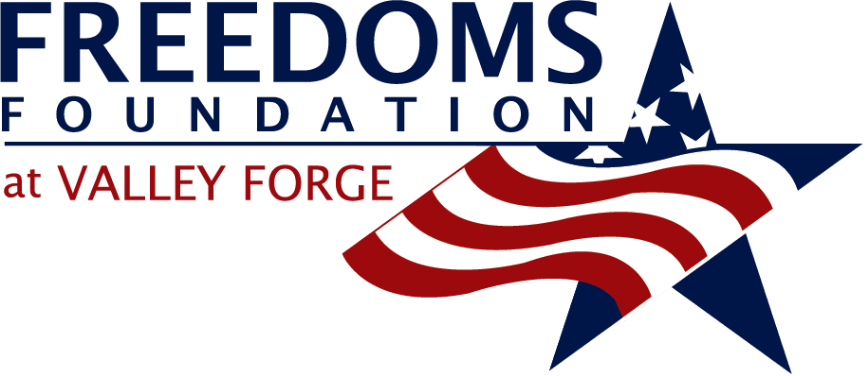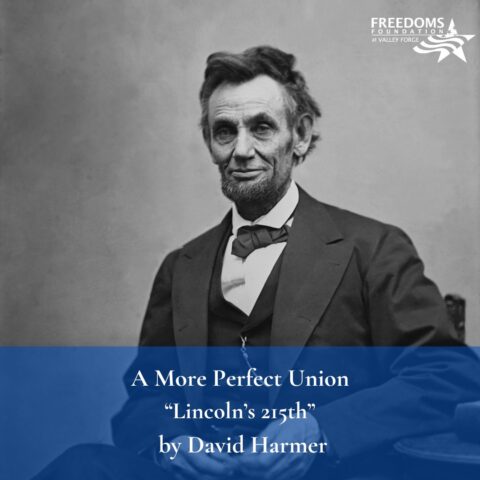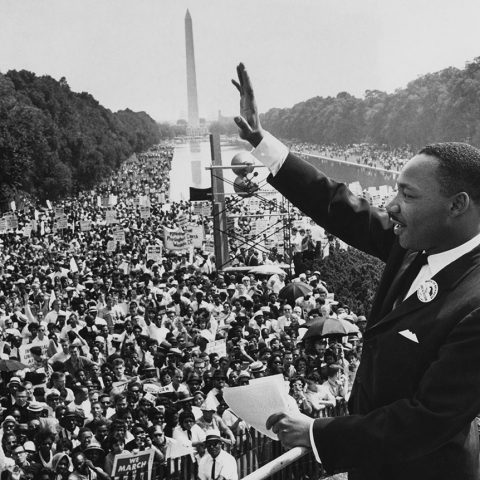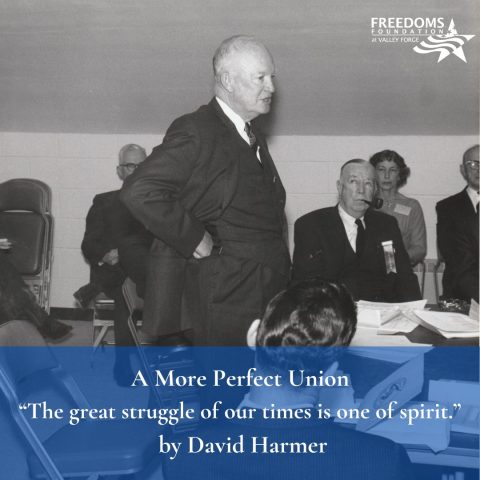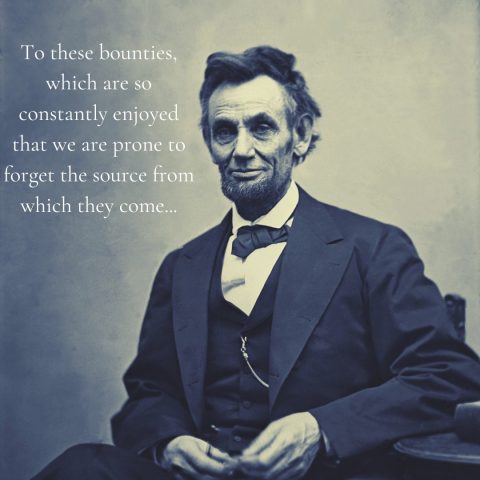On Constitution Day, An Invitation

By David Harmer
The Declaration of Independence inaugurated the American experiment with these stirring words:
“We hold these truths to be self-evident, that all men are created equal, that they are endowed by their Creator with certain unalienable Rights, that among these are Life, Liberty and the pursuit of Happiness. — That to secure these rights, Governments are instituted among Men, deriving their just powers from the consent of the governed, — That whenever any Form of Government becomes destructive of these ends, it is the Right of the People to alter or to abolish it, and to institute new Government …”
To do precisely that—to abolish a government that disregarded natural rights, and to institute new government that protected those rights—our forefathers fought the Revolutionary War. Declaring independence was one thing; obtaining it, quite another. Even after their upset victory over the mightiest military power on the planet, their work was not complete.
To create a government that translated the ideals of the Declaration into practical form required the miracle at Philadelphia, the convention that created the Constitution … the 231st anniversary of whose signing we commemorate today. Its preamble proclaims:
“We the People of the United States, in Order to form a more perfect Union, establish Justice, insure domestic Tranquility, provide for the common defense, promote the general Welfare, and secure the Blessings of Liberty to ourselves and our Posterity, do ordain and establish this Constitution for the United States of America.”
Miraculous as it was, the Constitution was, as of September 17, 1787, only a proposal on parchment. Ratification required a hard-fought, close contest. And even then, the work of the founders was not complete.
Several states had conditioned their ratification on pledges to add a Bill of Rights. Congress complied, and the states soon ratified the first 10 amendments to the Constitution, beginning with this:
“Congress shall make no law respecting an establishment of religion, or prohibiting the free exercise thereof; or abridging the freedom of speech, or of the press; or the right of the people peaceably to assemble, and to petition the Government for a redress of grievances.”
That amendment and the nine that follow—the Bill of Rights—acknowledge and enumerate rights that were then secured for many, but not for all—leaving the work of the founding incomplete.
It took the Civil War to test, in President Lincoln’s words at Gettysburg, whether “a new nation, conceived in Liberty, and dedicated to the proposition that all men are created equal … [could] long endure.” Thankfully, it did. Following the Civil War, the 13th Amendment prohibited slavery; the 14th extended equal protection of the law to all; and the 15th ensured the right to vote regardless of race, color, or previous servitude. Even then, the work of the founding was incomplete.
It remains incomplete today. The freedoms we enjoy were secured for us by our forefathers at the highest price, but bequeathed to us as gifts. Preserving and extending them is up to us.
That’s the purpose of Freedoms Foundation at Valley Forge. We cultivate commitment to the spirit and philosophy of the United States Constitution. We do so in three ways:
First, we educate about the history, ideals, and continuing relevance of the American founding. Throughout the school year, we bring students from around the nation to our magnificent 75-acre campus, bordering Valley Forge National Historical Park, for multi-day, immersive instruction. Throughout the summer, we do the same for teachers. Through speaker series, publications, and collaboration with allied organizations, we inform and inspire the broader public.
Second: We honor exemplary citizenship. Our awards programs recognize and publicize acts of civic virtue, thus encouraging their emulation. We particularly honor those who risk their own lives to defend others. Our campus hosts the Medal of Honor Grove, a serene woodland where we commemorate by name each recipient of the nation’s highest award for valor in action against an enemy force. Living recipients of the Medal of Honor are deeply involved in the design and delivery of our character education programs.
Third, we challenge all to embrace both the rights and the corresponding responsibilities of citizenship. We specifically challenge all to celebrate our shared heritage of freedom, protect individual rights, and defend the Constitution.
In that spirit, we challenge you! Make time today to read the Constitution. Then join us in preserving, protecting, and defending it. Sign up for our email updates. And if you can, donate to support our work. As a non-profit, non-partisan, non-sectarian, educational foundation, we pursue our mission through the voluntary contributions of engaged citizens like you. Your tax-deductible contribution of any amount will be gratefully received and put to good use.
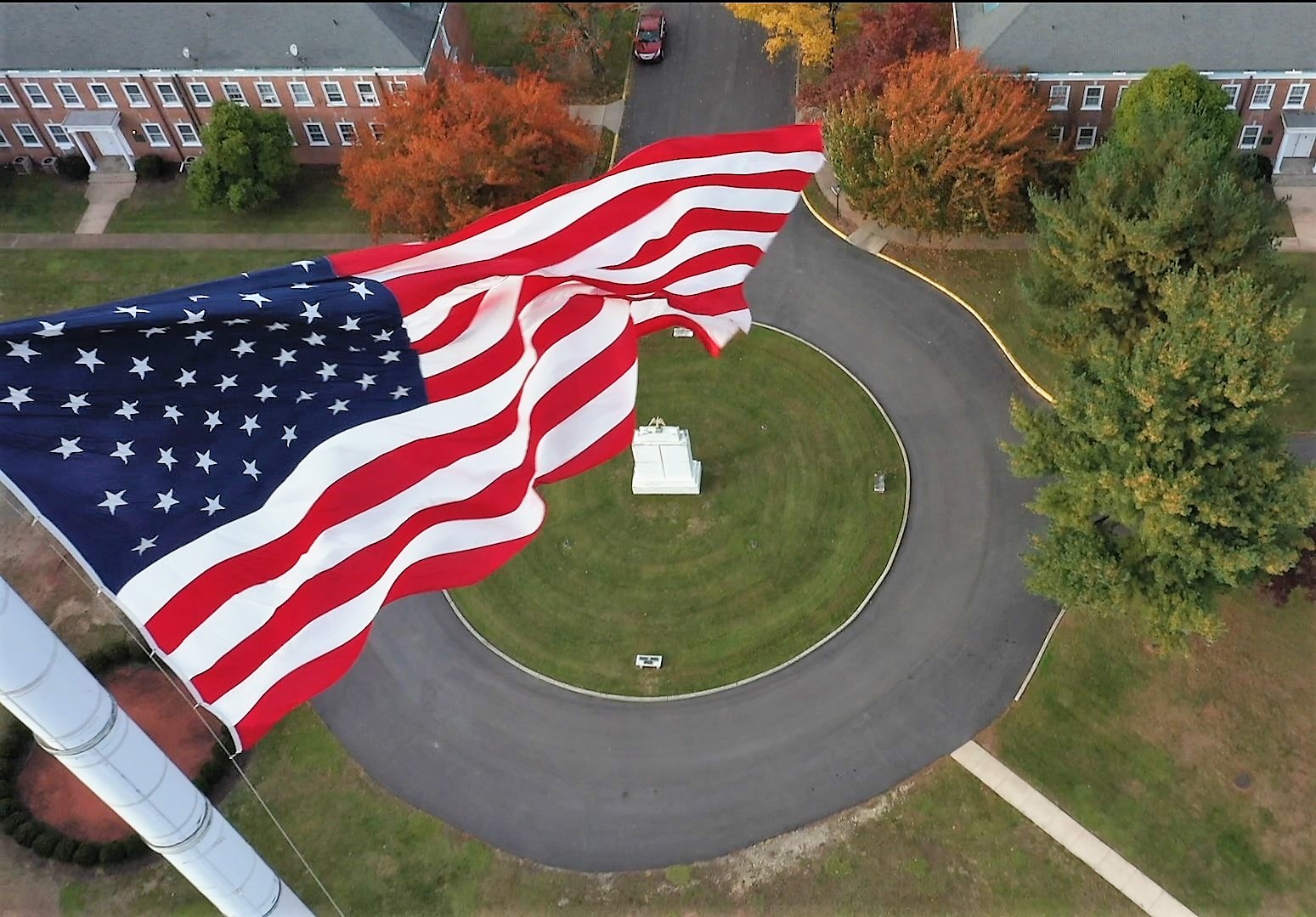
Donate Today
Supporting America’s first principles of freedom is essential to ensure future generations understand and cherish the blessings of liberty. With your donation, we will reach even more young people with the truth of America’s unique past, its promising future, and the liberty for which it stands. Help us prepare the next generation of leaders.
